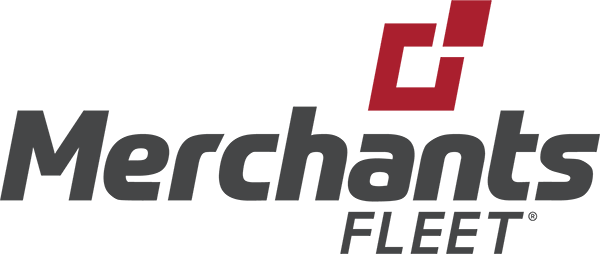Any organization that is faced with procuring vehicles must evaluate whether leasing or buying makes the most sense for their bottom line. Here are four reasons why leasing can be especially beneficial for government organizations.
Improved Cash Flow
Purchasing vehicles often requires a significant investment of capital up front, and this cost can be even more significant for specialized equipment like dump trucks or emergency vehicles. Leasing is one way to avoid large down payments if you need to conserve cash. Since you are only paying for the portion of the equipment or vehicle you use, this also typically results in a lower monthly payment. Since you spend less each month, your capital can be utilized elsewhere in your government organization.
Organizations have different leasing options they can take advantage of based on their financial goals and use case:
- Open-End Lease: Open-end leases are structured so there is a minimum term, after which the lease is month-to-month. This provides businesses with a flexible lease term. There are no mileage restrictions or penalties, and the client can return the vehicle at any point during the lease after the minimum period has passed. Under an open-end lease, the client is responsible for the book value of the asset. It’s ideal for long-term vehicle arrangements.
- Closed-End Lease: With a closed-end lease, the terms, mileage, and turn-in date are determined prior to the vehicle being put in service. A fixed monthly rate is calculated by using the average outstanding balance on the vehicle for the life of the lease. These leases typically run for 12-48 months, and at the end, the lessee returns the vehicle to the owner. Businesses are locked into the agreed-upon terms and mileage, so there are penalties for vehicles that are turned in early, over-mileage, or in poor condition.
- Short-Term Leases & Rentals: These plans typically last between 2-12 months, making them ideal for organizations with seasonal or variable vehicle needs. Some leasing providers will not charge you for extending an existing lease. This means trying out a short-term solution comes with little risk if you eventually need the vehicle for longer than anticipated.
Take Advantage of Tax Benefits
Municipalities and other qualified political subdivisions have the unique option of a municipal or tax-exempt leasing agreement. In this arrangement, the lessor does not have to pay federal income taxes on the interest earned through repayment. These savings are then passed through in the form of a a lower interest rate. It assumes that the equipment will be owned at the end of the terms, and it does allow for early pay-off, so it acts like a loan but is documented as a lease. This arrangement often allows for a much lower financing cost. Laws can vary, so work with your tax advisor to determine if and how this arrangement may fit with your situation. You can also read this article from the Office of Energy Efficiency & Renewable Energy for more baseline information about this lease type.
Keep Operational Costs Down
Running vehicles past their optimal term creates a delicate balancing act – while you may eliminate lease payments, you can incur other operational costs. Vehicles past their optimal term can experience a 30% decline in annual fair market value, a 15% increase in downtime, and 20% in excess fuel spend. Working with a fleet leasing partner can help evaluate your vehicles’ cycles to ensure they are being replaced at opportune times to avoid these extra costs. They can also help you identify strategies like managed maintenance programs or altering use patterns to help keep costs down even if vehicle replacement is not feasible for your fleet.
Easy Disposal of Specialized or Upfitted Equipment
When working with a leasing partner, you can return your vehicles or equipment at the end of the term or work with them on the optimal disposal method. Many leasing and fleet companies take a multi-pronged sales approach, using a variety of channels and sales outlets to obtain the best price possible for your assets. Others may also offer guaranteed purchase options, where they buy your assets upfront and then assume the risk of selling. This is useful if your organization relies on specialized equipment or has vehicles with extensive upfitting, which can be difficult to sell through traditional channel.
Having specialized fleet experts on your side can help drive down your fleet costs while reducing the time you spend on administration. If you opt to lease, remember that you will be forming a long-term relationship, and many times the process of issuing an RFP and finding the right partner can be detailed and involved. However, there are organizations that can help streamline this by presenting the opportunity to essentially ‘pre-verify’ leasing partners for you. If your government organization is a member of a sourcing or procurement network (Sourcewell is just one example), this is an ideal way to start your search for the right leasing partner. Other options include asking for recommendations from other government organizations, vendors, or business partners, and researching online.
If you would like to speak to a government leasing expert, contact us here, call us at 866.653.2737 or email [email protected].

